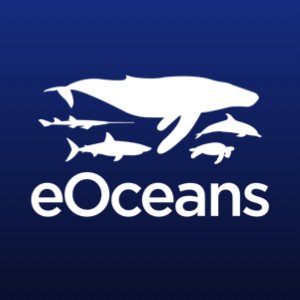Doesn’t scientific data need to have standardized effort?
Yes, and no.
eOceans is a platform for you and your team to collect and digitize your data, and to share with anyone that wants it.
If you’re a scientist that only wants standardized data, then that’s all you collect.
If you’re an opportunistic citizen scientist, or a scientist collecting data on your way out to perform standardized data collection, then your data may be less standardized. It varies.
Our pilot projects (eShark, eShark Thailand, eManta, Great Fiji Shark Count, Shark Sanctuary Evaluation, Global Marine Conservation Assessment) were primarily comprised of opportunistic observations collected from the recreational dive tourism industry. Through these, we found that although they weren’t specifically ‘standardized’ they were very close. Sites were regularly visited — daily, weekly, or monthly. Nearly 100% of dives were about 58 minutes, regardless of the site. Most sites were surveyed in exactly the same way, repeatedly. For example, surface to bottom (deepest part first), then slowly move towards shallower water following one of a few paths across the site, then head to the surface.
Many other activities are similarly approximately standardized. Ferry crossings, for example, go back and forth repeatedly.
On the other hand, other activities do not follow a standardized approach — fishers move with fish, for example. Fortunately, there are now a suite of statistical analysis that can handle varying effort through time and space.
